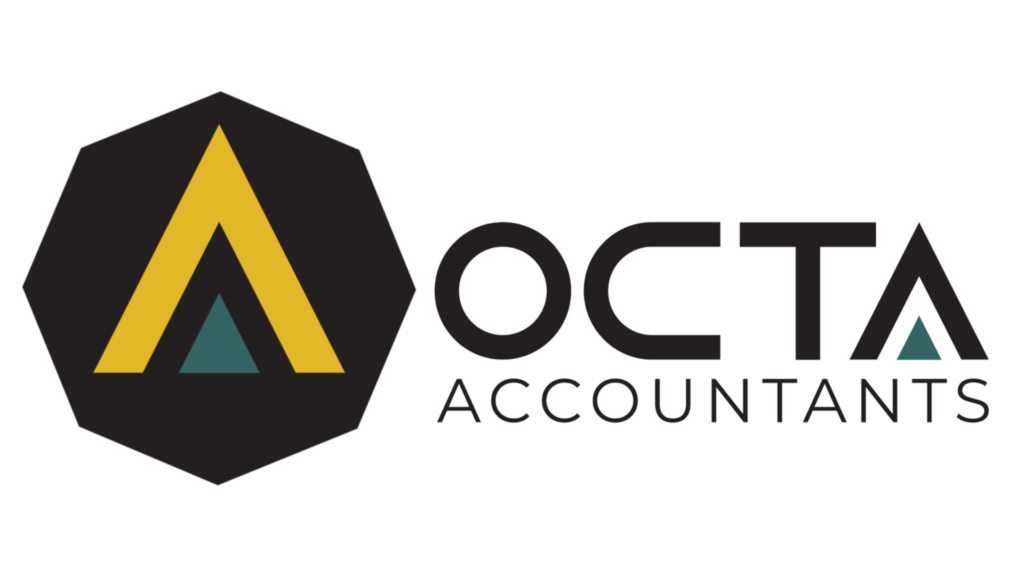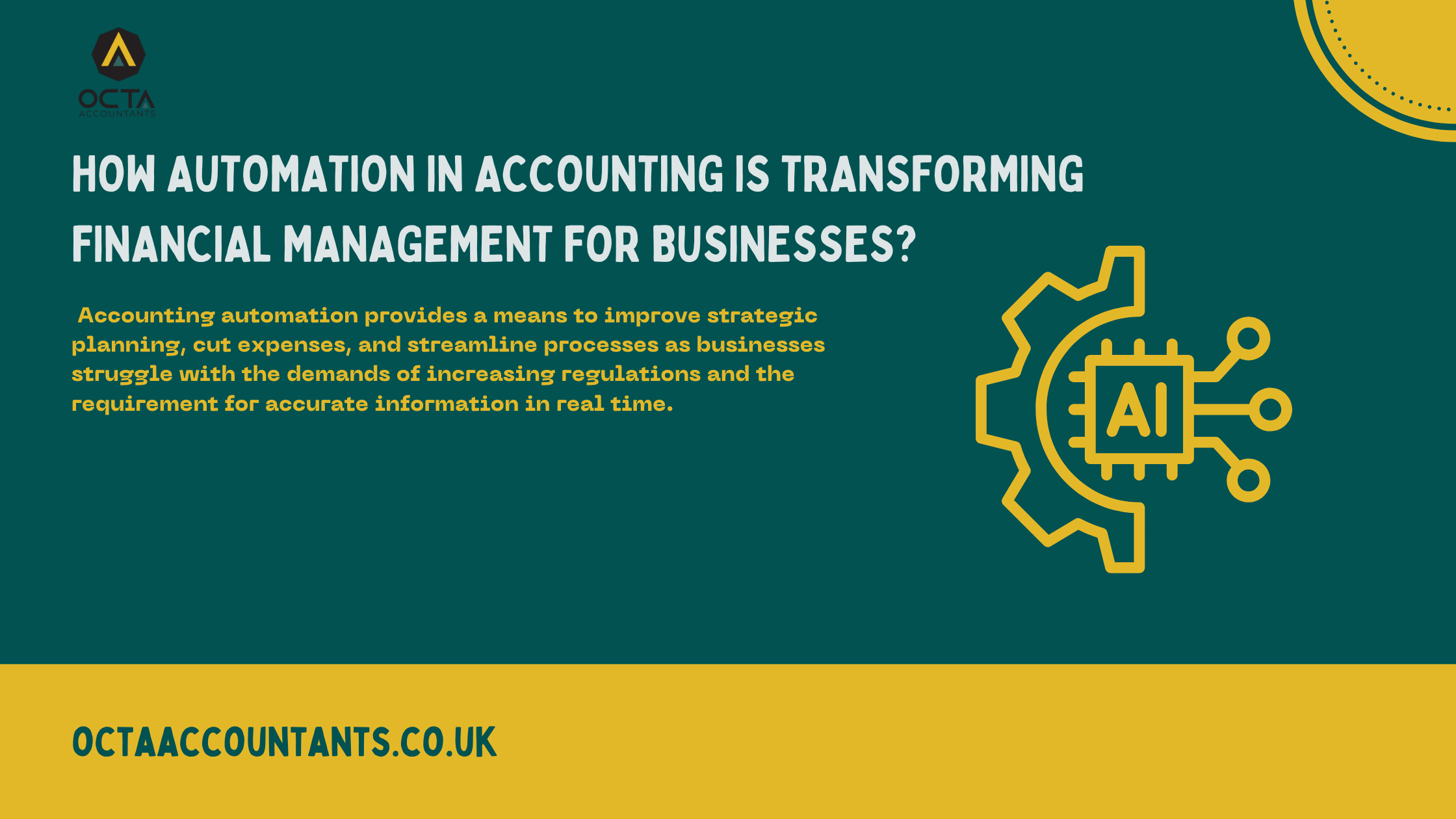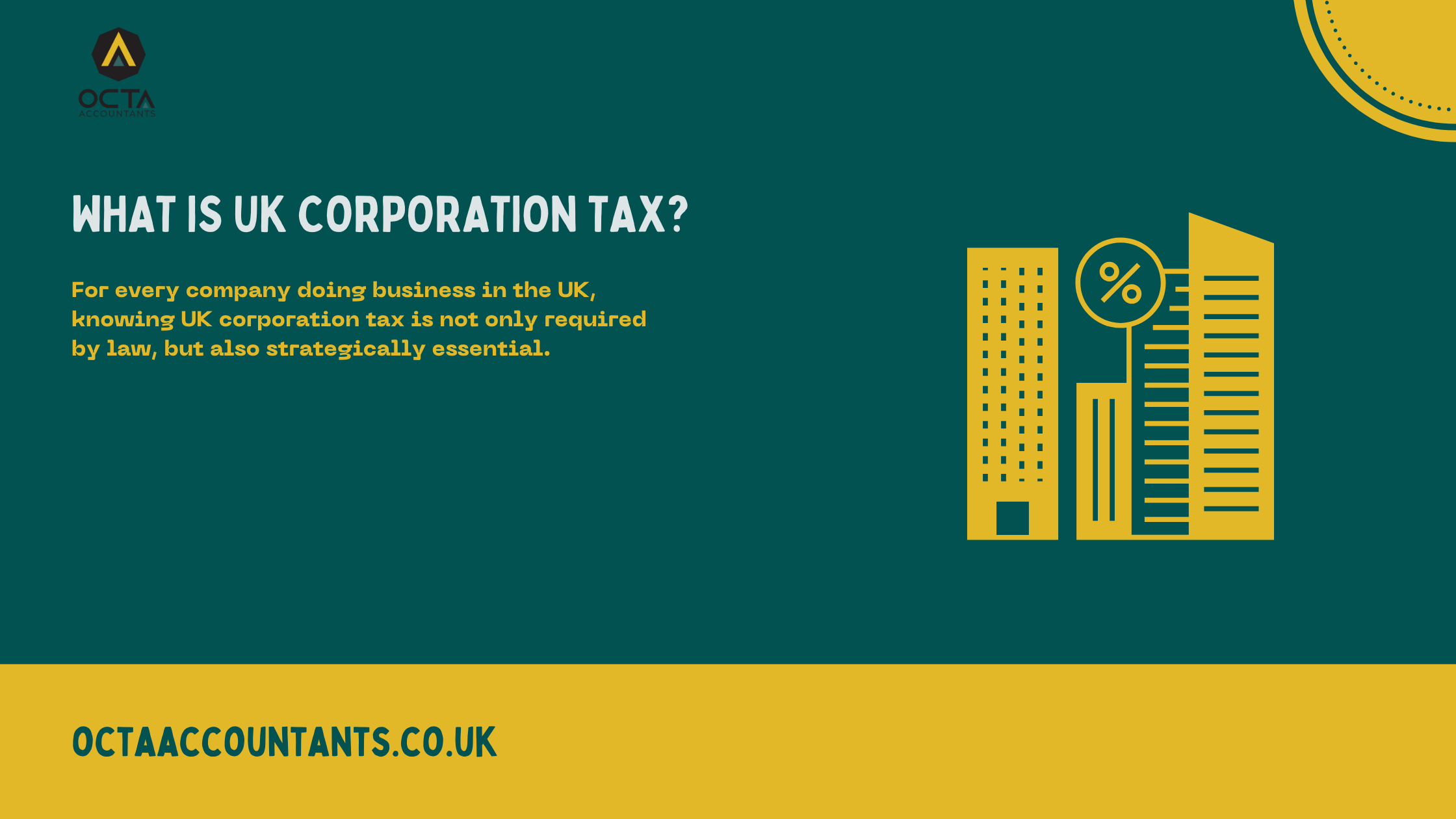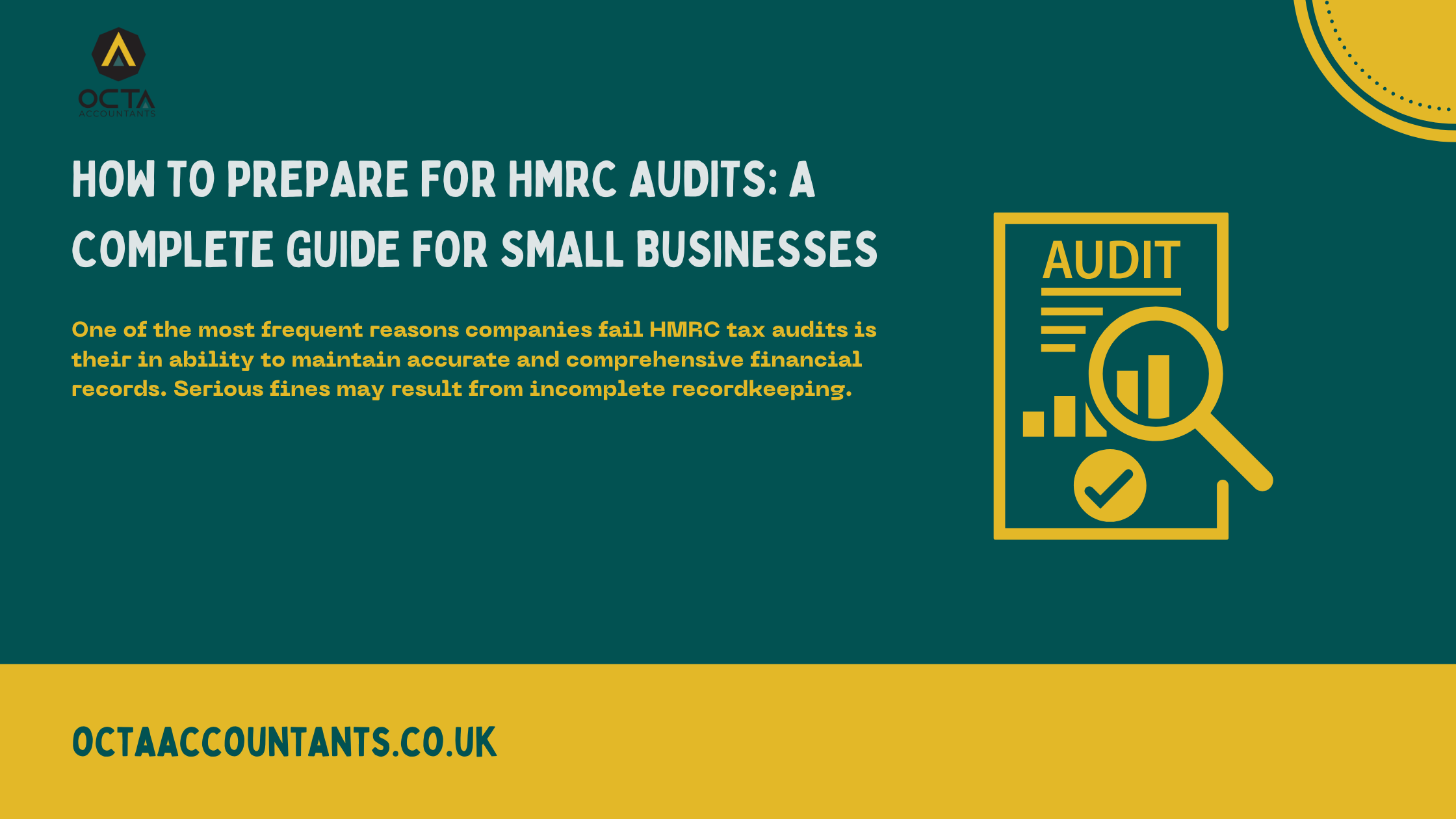How to value a business to sell in the United Kingdom?
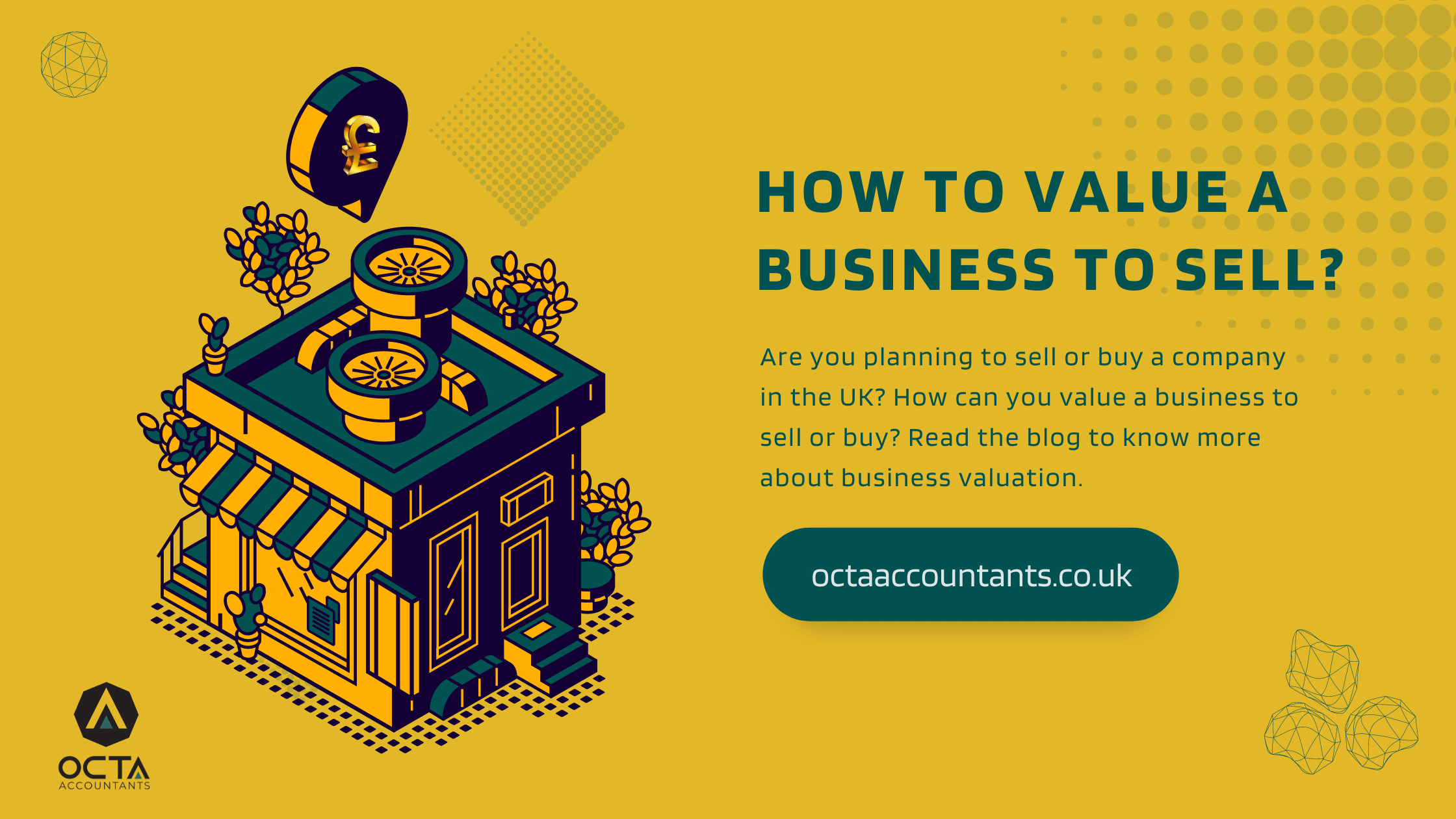

Octa Accountants

6 Min Read

Jan 24, 2023

Business & Risk Advisory
Evaluating a company’s fair market value can be a challenging task. There are several aspects to consider, but it is an essential financial skill for corporate leaders to achieve success. This article provides an overview of business valuation to sell or buy a company. It delves into several financial concepts and strategies for valuing companies.

What is Company Valuation?
The process of determining the total economic value of a company and its assets is known as business valuation. It can be used for a wide range of purposes, including determining sale value and tax reporting. Owners frequently seek objective estimates of the value of their businesses from professional business assessors. It can be utilised to evaluate the fair value of a firm for many reasons, such as selling it, establishing partner ownership, taxation, and even divorce processes. A firm valuation evaluates all components of the business to estimate its worth.
Different strategies to valuation
Typically, business valuations are based on a combination of methodologies and are chosen based on the valuation strategy. A valuer will select a strategy that will get the best results. Three valuation methodologies are widely accepted.
- A market-based strategy examines previous transactions involving companies (or assets) that are similar or identical.
- An income-based strategy utilizes a company’s recent and past performance to forecast its future revenue and hazards.
- An asset-based strategy determines the worth of a company by deducting the value of assets from its liabilities. It represents the amount needed to start a similar company or replace the assets’ current capability (output).
Valuation Methods
A corporation can be appraised in several ways. Some of these strategies are discussed further below.
Capitalization of the market
Market capitalization is one of the most basic measures of the value of a publicly listed company. It is computed by multiplying the share price of the corporation by the total number of shares outstanding.
Market Capitalization = Share Price x Total Number of Shares
For example, on February 5, 2017, Samsung was trading at $93.26. With 8.769 billion shares outstanding, the corporation may be valued at $93.26 x 7.769 billion = $817.83 billion.
The majority of businesses are financed by a combination of loan and equity. Debt symbolises bank or bond investors’ interests in the company’s future. Shareholders who own stock and have a claim on future profits are represented by equity.
Book Value
A company’s book value is the value of the company’s shareholders’ equity as displayed on the balance sheet statement and calculated by subtracting its total liabilities from its total assets. Basic accounting measures do not give an accurate depiction of a company‘s value. Due to historical cost accounting and uncertainty, balance sheet data cannot be associated with value. Start by deducting the company’s obligations from its assets to calculate the owners’ equity and exclude intangible assets. The remaining sum will represent the value of any tangible assets owned by the company.
Liquidation Cost
The liquidation value of a company is the net amount it would receive if assets were liquidated and the liabilities paid off today. Replacement value, breakup value, asset-based valuation, and many other approaches are available.
Also Read: Why is a Financial Audit Important?
Multiplier of Earnings
The earnings multiplier provides a more accurate image of a company’s value because profits are a more trustworthy sign of financial performance than revenue. The earnings multiplier compares future profits to cash flow deposited over the same time at the present interest rate. In other words, it accounts for current interest rates in the current P/E ratio.
Method of Discounted Cash Flow (DCF)
The earnings multiplier is comparable to the DCF approach of business valuation. The fundamental difference between the discounted cash flow and the profit multiplier method is that it takes inflation into account. The method of predicting the worth of a company or investment based on the money, or cash flows, it is anticipated to earn in the future is known as discounted cash flow analysis. Based on the discount rate and time of the study, discounted cash flow analysis computes the present value of future cash flows.
Terminal Cash Flow / (1 + Cost of Capital) # of Years in the Future = Discounted Cash Flow
Discounted cash flow analysis has the advantage of reflecting a company’s ability to develop liquid assets. The difficulty with valuation is that its correctness relies on the terminal value, which might differ based on your predictions about future growth and discount rates.
Choose London-based Accounting Firm!
Hire Xero-certified accountants/consultants in East London, North London or in any part of the United Kingdom to manage your books & accounts. We can also provide industry-specific business & risk advisory to help you eliminate risks.
Why Do Private Companies Make a difference?
Valuations are an essential aspect of business, both for organisations and investors. Valuations can help organisations evaluate their progress and achievement and track market performance. Valuations assist investors in determining the value of a firm and can be accomplished by utilising data and information readily accessible by the company. Irrespective of who is getting the valuation, it effectively describes the company’s value. Due to the amount of data available to the public, valuing a public firm is far simpler than valuing a private company.
Key Concepts in valuing a business
When valuing a business, you must comprehend the following essential aspects.
Fair return on investment (ROI)
If you have a sum of money to invest, you’ll expect a return on it. If you put it in a bank, you’d get a return on that investment (ROI) and if you invest in a business, the risks are higher because you’re investing more time and effort. The fair ROI you’d expect would be in direct proportion to the risks involved. Furthermore, fair ROI refers to the return you receive in the marketplace for a riskier investment than putting funds in a bank.
Fair salary for owner
Entrepreneurs who work in their company are entitled to a decent wage for their efforts. A suitable salary for the owner is the amount you would pay someone else to perform the hands-on job in the company that you do. This amount reflects superannuation. When determining the value of a firm, ensure that a fair wage for the owner is considered and deducted from the annual net profit.
Also Read: How to register for VAT in the UK?
Fair return on net tangible assets
Fair return on net tangible assets is an example of fair ROI and is the expected return on a company’s net tangible assets. Only tangible assets minus liabilities are included in net tangible assets.
Super profit
Super profit is the financial excess that a business may return after deducting a decent owner compensation and a fair return on net tangible assets. It is the amount you would anticipate to get from the company after deducting what you would have earned if you:
1) were a salaried employee in the company
2) made an investment you would have spent on gross tangible assets elsewhere.
Calculate super profit:
Super profit = Annual profit − (Fair return on net tangible assets+Fair salary for owner)
Value a Business to sell with Octa Accountants!
Understanding the market value of a business is essential if you are selling your business or want to know the current value of your company.We are living through times when starting a business has become easier but upscaling it to a reputable corporation is a challenge for many startups.
Octa Accountants provide a one-on-one business advisory to help you align your strategies and operations with your company goals. Furthermore, we will help you mitigate legal, regulatory, technology, and financial risks to ignite your growth in United Kingdom’s cut-throat business environment. Hire financial consultants in London or in any part of UK to evaluate current discrepancies and risks associated with your business model.
Get a free quote about our services, or book a meeting with dedicated business consultants now!
About Us
Octa Accountants is a one-stop accounting firm that offers a wide range of finance management services.
Our Blogs
How Automation in Accounting is Transforming Financial Management for Businesses?
How Automation in Accounting is Transforming Financial Management for Businesses? Octa Accountants 7 Min Read Apr 14, 2024 Technology Staying ahead of current trends is crucial for development and sustainability in the dynamic business environment. The advent of automation in accounting has been one of the biggest changes in recent years. Automation is changing how […]
What is UK Corporation Tax?
What is UK Corporation Tax? Octa Accountants 7 Min Read Apr 14, 2024 Company Incorporation For businesses hoping to be legally and financially effective, navigating the complexity of the UK tax system is essential. The UK corporation tax is a key part of this system. Understanding the intricacies of UK corporation tax is essential for […]
How to Prepare for HMRC Audits: A Complete Guide for Small Businesses
How to Prepare for HMRC Audits: A Complete Guide for Small Businesses Octa Accountants 7 Min Read Apr 14, 2025 Audit From overseeing daily operations to making sure financial records are accurate, entrepreneurs balance a variety of duties as running a small business has its own unique challenges. Running a business is never easy no […]
